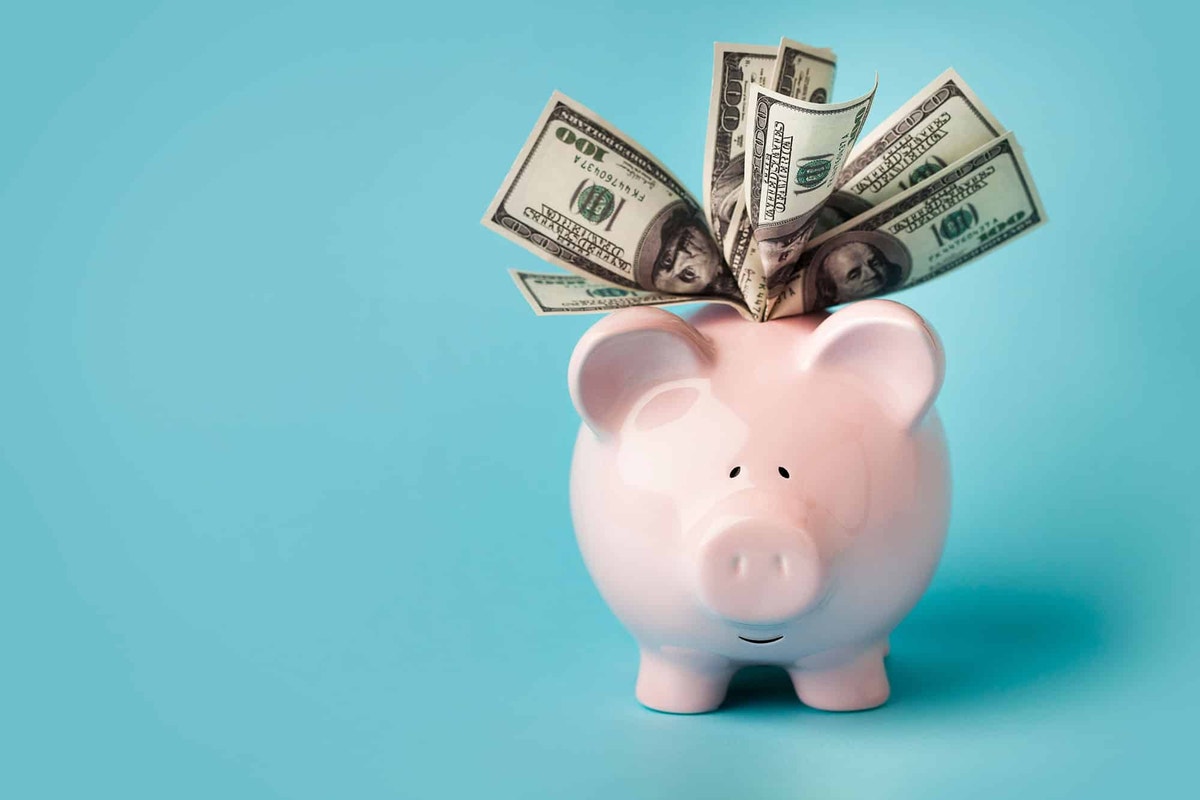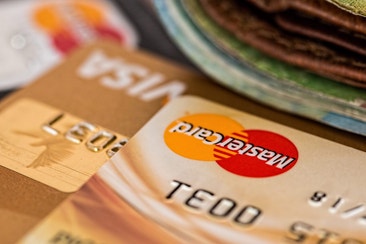
DealHack Guides
Budgeting Basics for Kids and Teens
5 minute read
Having good budgeting skills can be really important as you grow older, letting you save up for things you need or want and make sure that you have enough money to cover your expenses. The sooner you start following your own personal budget, the better off you'll be. As you learn how to track your spending and your income, you'll learn how to be accountable for your own finances.
Show Me the Money
When you're starting out with learning to manage your money, you should try to keep a personal money diary for the first month or two. Write down every purchase you make, even the tiniest expense like a cup of coffee or pizza out with friends. As you track everything, you'll be able to better see where your money goes. This should help you determine where you can improve your spending habits, so try to be as specific as you can.
After the Tracking
Once you've kept your spending diary for a while, start to make a list of places where you can cut back. For example, instead of buying new shoes every month, you can save that money by not making those purchases. Or instead of getting pizza with your friends once a week, do it every other week. Make adjustments as you go, figuring out which expenses you can reduce or do without and which you can't.
Monthly Over Weekly
If your parents give you a weekly allowance, ask if they can change it to monthly. This will help you learn how to make your money last a whole month. You might also want to ask them if they can give you a prepaid spending card that they can add money to every month. Using one is very similar to a credit card, and they usually issue a monthly statement that you and your parents can review together to see where your money went. Having this type of card is great practice for when you have your own credit card or bank account. Remember that if you spend everything on the card, it's gone until you get more money the following month.
Making a Wish List
After you've created a budget, come up with a wish list of things you want to buy, even if you can't afford them just yet. This list will help you focus on a goal, stick to your budget, and reward yourself by buying something you want. When you have a specific goal in mind, it makes financial planning that much easier.
Addressing Shortfalls
Remember that nobody is perfect, and as you learn, you might sometimes end up with what's called a budget shortfall. This means that you might run out of money sooner than you expected or not be able to pay for certain things you wanted to buy. When this happens, it's time to consider new ways you can either earn more money or cut back on your expenses. For instance, try renting movies to watch with your friends instead of going to the theater or carpooling to and from school so you have extra gas money for weekend fun.
Needs vs. Wants
One of the most essential parts of budgeting is learning how to distinguish between needs and wants. Categorize your expenses as either needs or wants in your budget. Needs are unavoidable costs like car insurance or school-related fees. Wants are things that are not necessary, such as a new pair of earrings or concert tickets.
Control Impulse Buying
Think through every spending decision you make. Instead of buying something you want right away, weigh the pros and cons of buying it before you make a purchase. If you really want it, compare prices between stores, wait for the item to go on sale, or find a coupon to help you save money.
Responsibilities and Age
As you begin to take on more spending responsibilities, you'll learn how to better budget your cash. As you get older, your spending and budget responsibilities will grow. If you decide you want a car, for example, you will need to learn how to adjust your budget and increase your savings to be able to make such a large purchase.
No Bailouts
Your parents might be tempted to help you with money when times get tough, but if they bail you out every time you need extra money, you probably won't ever truly learn how to spend your hard-earned money wisely. Your parents should understand that you will make some mistakes as you learn, and they should be there to give you advice and support, not a bailout.
Quick Tips
Stay away from impulse buys, and only purchase the things you want at a discount or when they're on sale.
Avoid going on shopping trips with friends who love to spend a lot of money and never save.
Take your lunch with you to school or work as much as you can to avoid spending on fast food.
Steer clear of vending machines and convenience stores.
Plan for any cash you will need for the week, and only visit the ATM once a week or less.
Entertain your friends at home instead of going out to places that will cost a lot of money.


